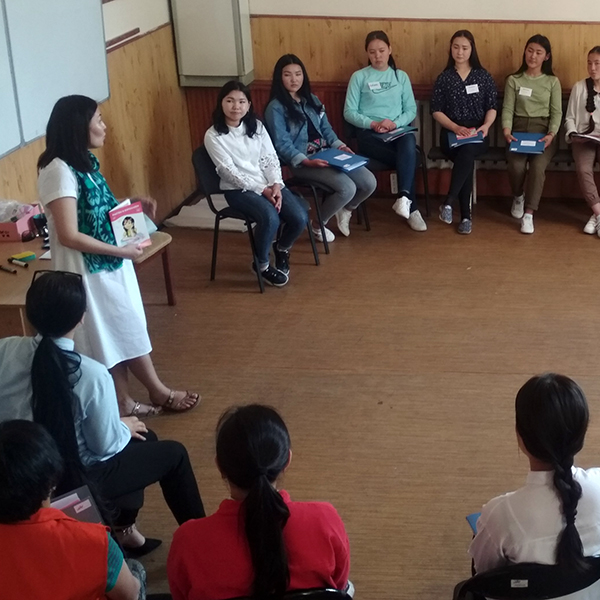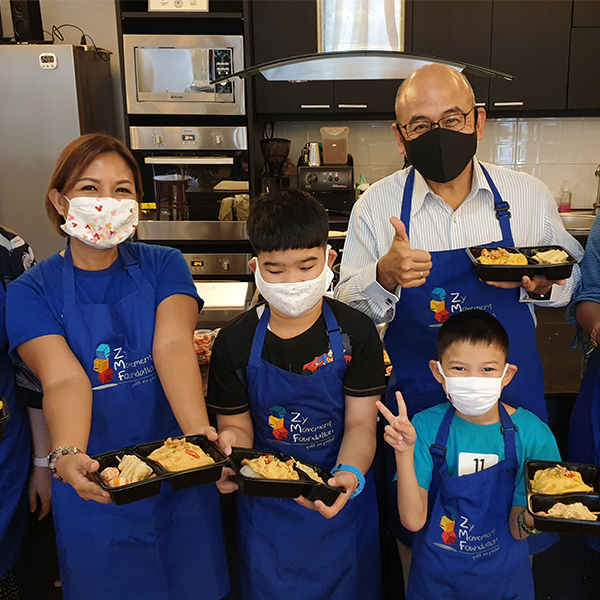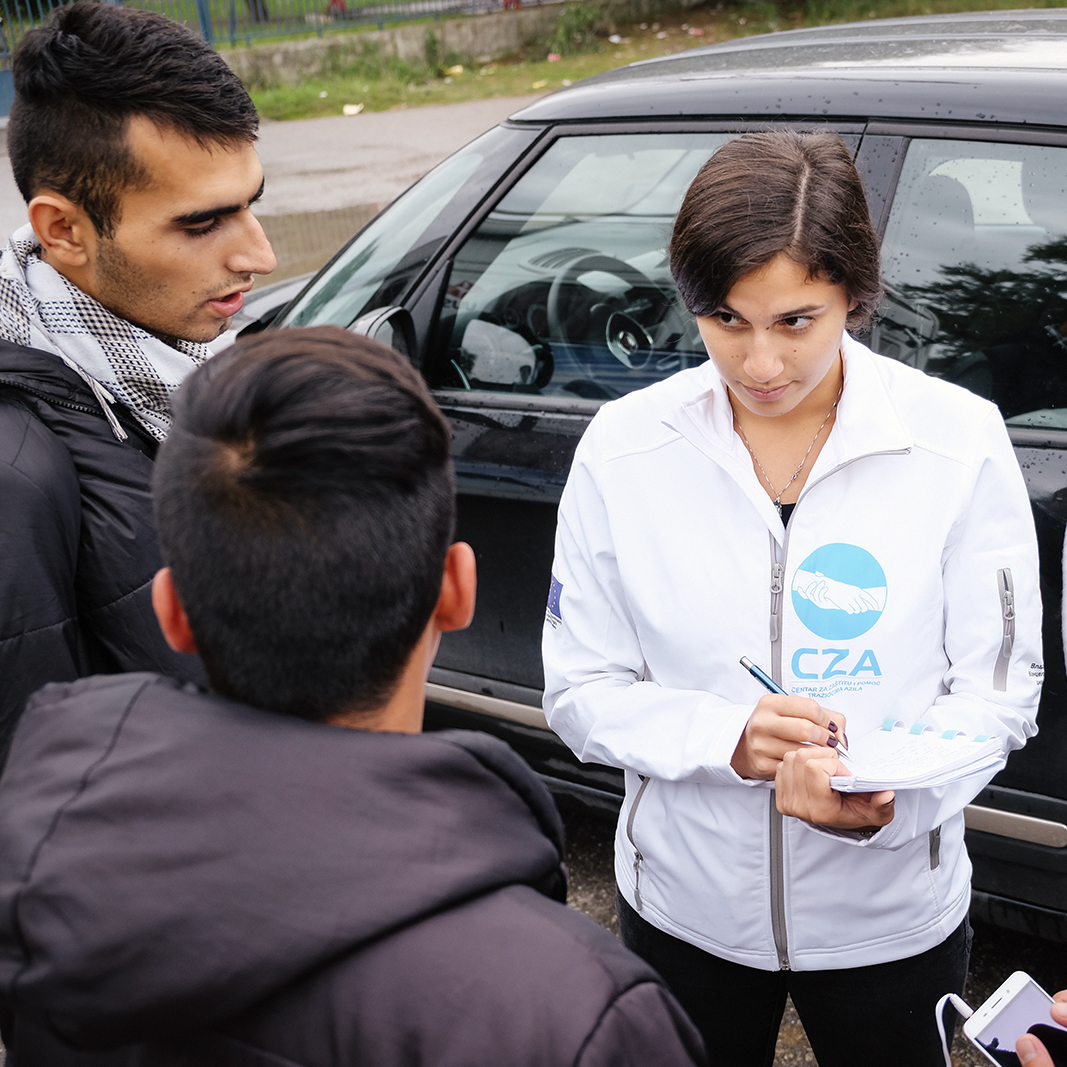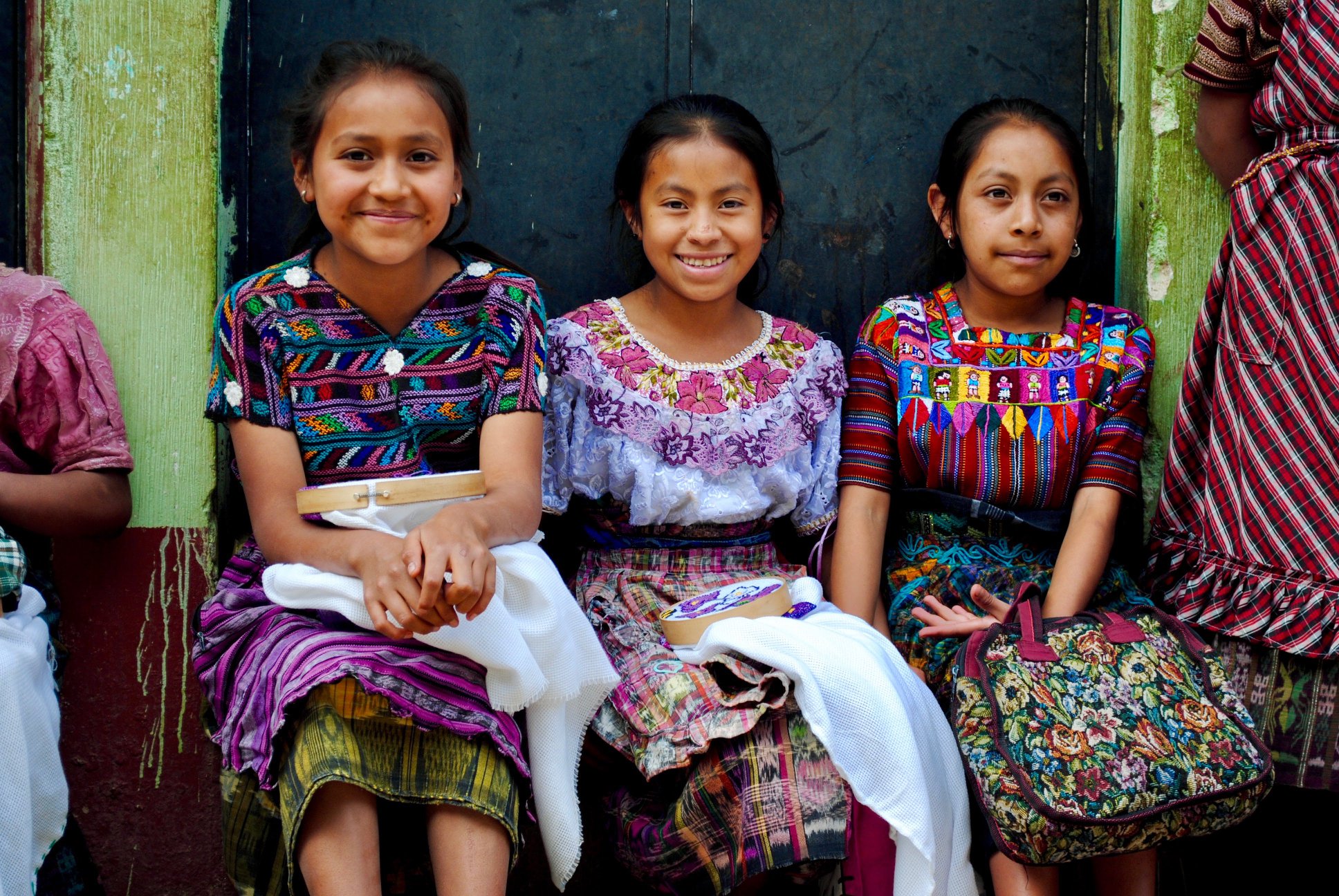We are thrilled to welcome five new partners to our global network of change-makers.
From Southeast Europe to Southeast Asia, these organizations are promoting girls’ health and rights, supporting migrant and refugee children, and helping young people live free from violence and exploitation. Three of the organizations – located in Croatia, North Macedonia, and Serbia – are part of GFC’s new Reducing Violence Against Migrant Children in Southeast Europe initiative, which engages community-based organizations that are increasing protections for migrant children and youth and promoting tolerance in transit and host countries.
ASYLUM AND REFUGEE CENTRE
Preševo, Serbia
Asylum and Refugee Centre (ARC) advocates for the rights of migrants and provides comprehensive support to children and youth migrating with their families, as well as to unaccompanied minors. In addition to offering legal and psychosocial assistance to migrant youth, ARC empowers teenage volunteers to lead school programs designed to create safe conditions for social interaction and inclusion.
Who they are: ARC was registered in 2018 by young lawyers and psychosocial professionals who wanted to support migrants coming into southern Serbia from North Macedonia and Kosovo.
Why they do what they do: Serbia is a transit country for thousands of migrants seeking refuge in western and northern Europe. At any given time, hundreds of migrant children and youth live in and around detention centers in southern Serbia. Some young migrants are unaccompanied minors fleeing wars in Afghanistan, Iraq, and Syria, and their lack of family support puts them at a higher risk of experiencing violence and exploitation.
CENTRE FOR PEACE STUDIES
Zagreb, Croatia
The Centre for Peace Studies (CPS) promotes nonviolence and social change through education, public policy, research, and activism. CPS provides psychosocial support, legal consultations, and community integration activities for migrant and refugee children and youth, including unaccompanied minors, and advocates for improved integration and migration policies.
Who they are: CPS’s volunteers are an essential part of the team. Every year, roughly 20 volunteers support migrants through individual interventions and community integration activities.
Why they do what they do: Migrants, including children and youth, have reported frequent police violence and abuse as they tried to enter Croatia, which is a transit country for migrants heading to western and northern Europe.
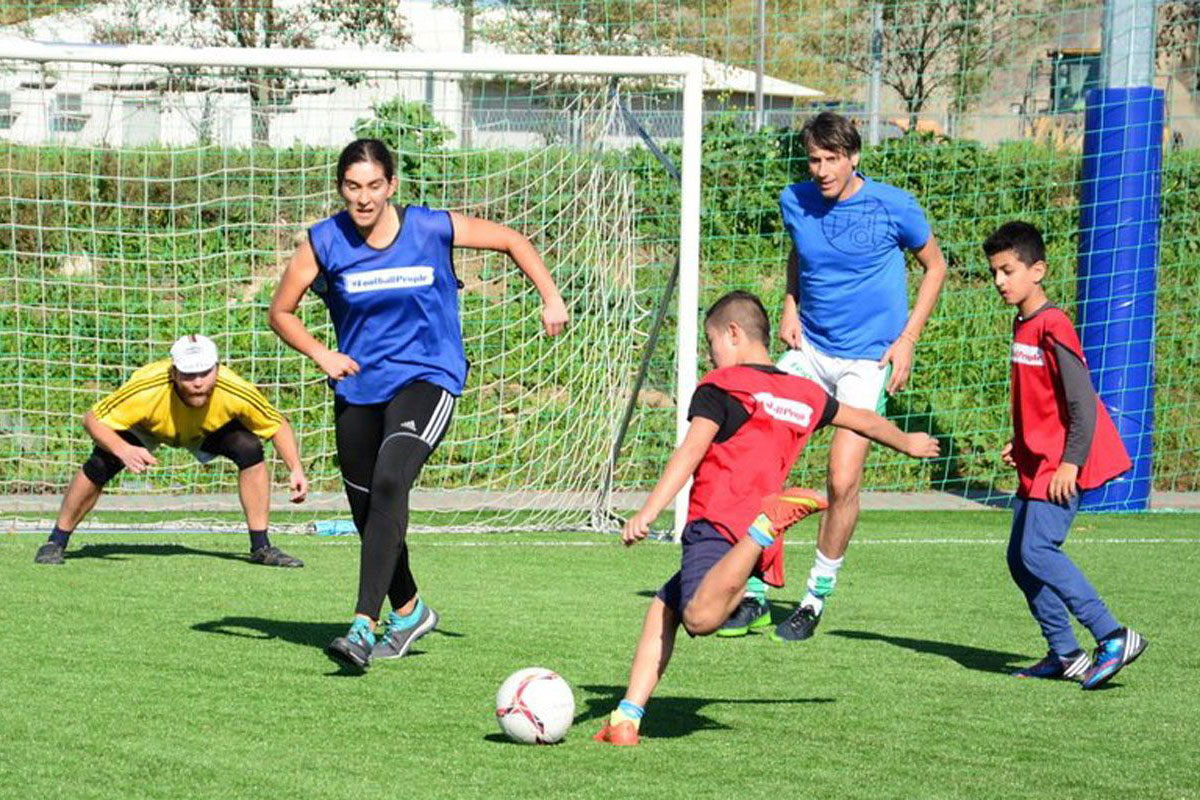
JOINTLY ACT GIRLS
Bishkek, Kyrgyzstan
Jointly Act Girls promotes and protects the rights of girls and works to reduce gender-based violence, child marriage, and bride kidnapping. This youth-led organization, which was founded by a 16-year-old girl, provides rights education and leadership programs – empowering girls to influence their families, schools, and communities – and promotes new legislation and policies.
Who they are: Jointly Act Girls was founded in 2016 by 16-year-old Aiturgan Dzholdoshbekova, who submitted a highly commended report to the United Nations on violence and other obstacles facing girls in Kyrgyzstan.
Why they do what they do: Roughly 14 percent of women under the age of 24 in Kyrgyzstan were married through some form of coercion, according to the United Nations.
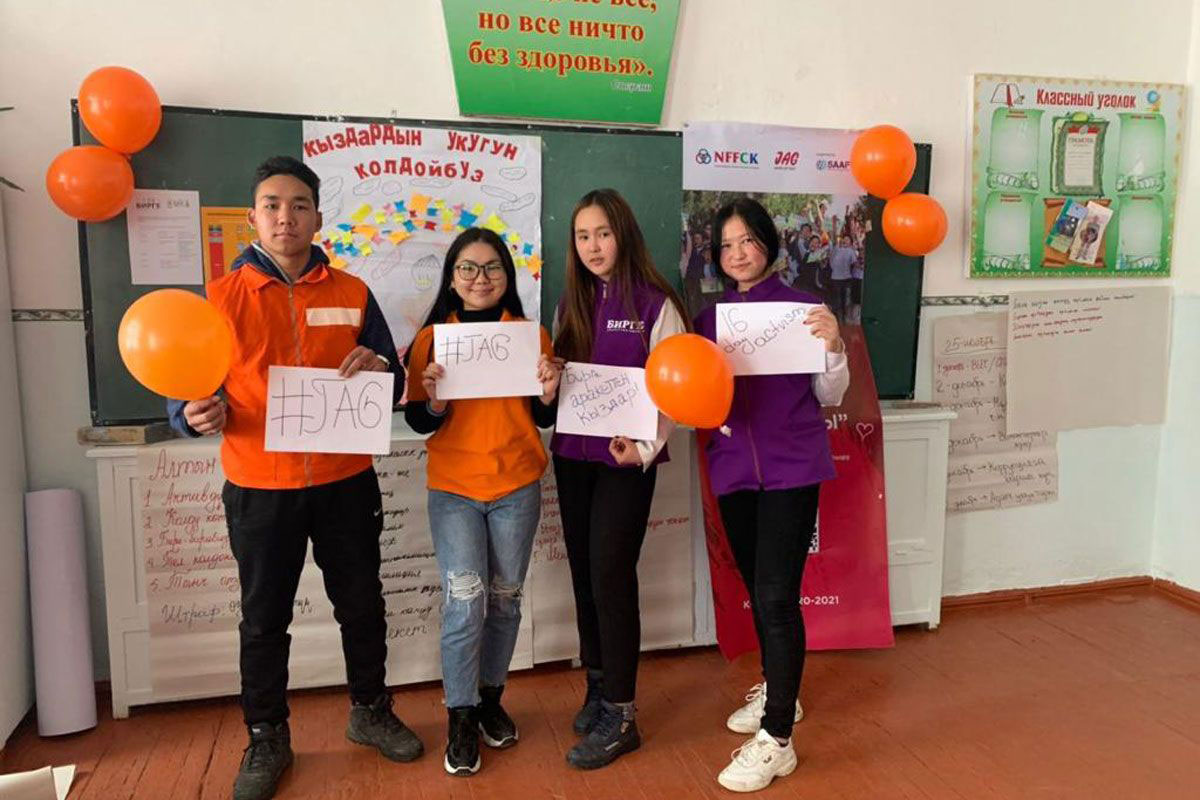
KHIANG RIM KHONG
Chiang Rai, Thailand
In a country with one of the highest incidences of unplanned teenage pregnancy in the region, Khiang Rim Khong empowers teenagers with sexual and reproductive health knowledge and developmentally appropriate information to ensure they lead safe and healthy lives. The organization engages youth as peer educators who lead group discussions in schools and community centers to break the stigma around sex education.
Who they are: Youth play a key role in Khiang Rim Khong’s work by creating communications materials in their own language and identifying opportunities to share information on sexual and reproductive health.
Why they do what they do: Although sex education is compulsory in Thai schools, there is a lack of culturally appropriate and adequate sex education for migrants and Indigenous populations in rural areas. In Chiang Khong, the pressure on young girls to get married if they become pregnant is especially high, with forced marriages leading to a higher risk of trafficking and exploitation.
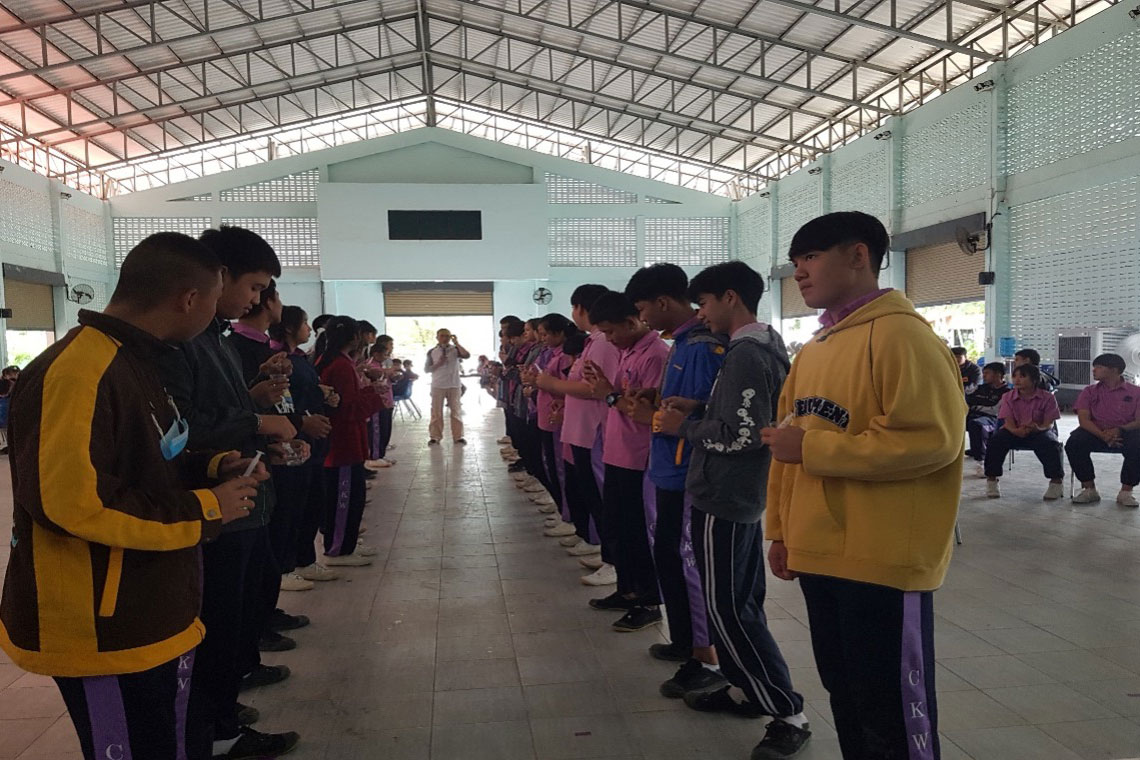
LEGIS
Skopje, North Macedonia
Legis advocates for human rights and provides humanitarian, legal, and medical assistance to migrants and asylum seekers, with a focus on registering and protecting unaccompanied minors. The organization – which involves young volunteers and migrants in its decision-making – offers psychosocial support to migrants in detention centers and deploys mobile assistance teams to provide support for migrants across the country.
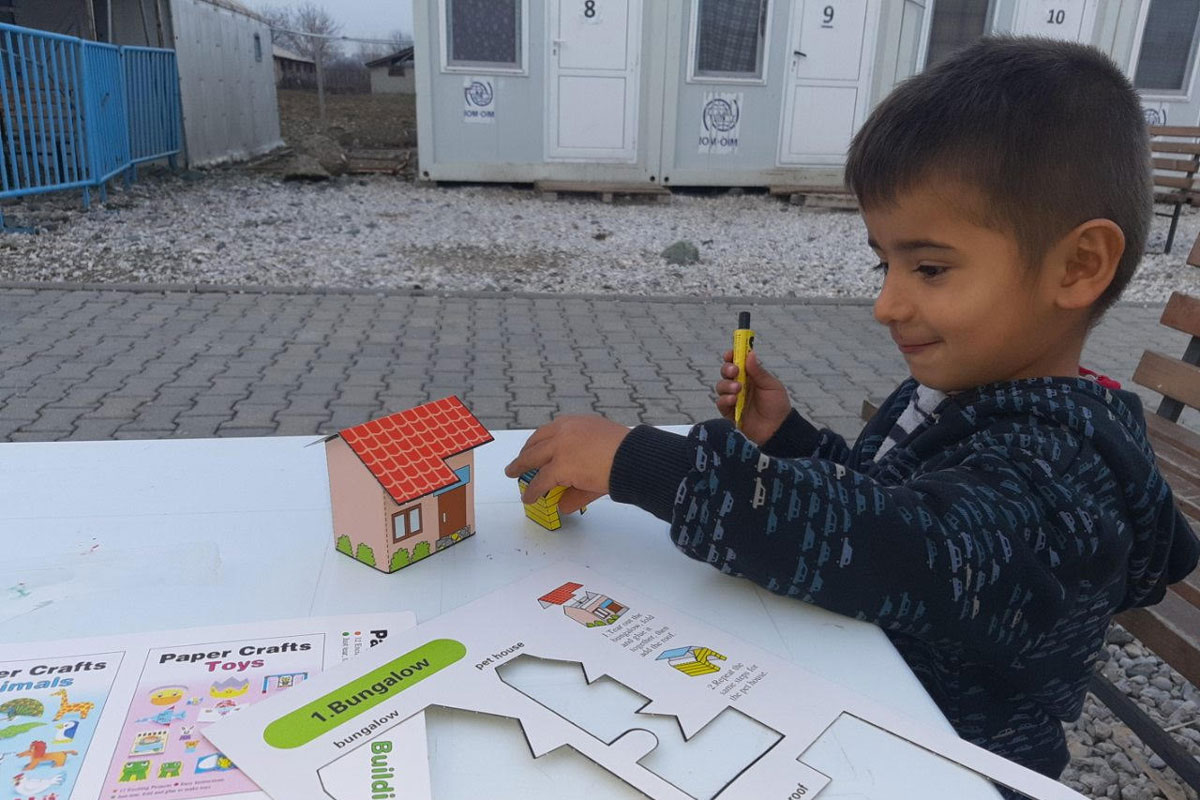
Who they are: Legis is led by an executive board of volunteers who come from different educational and professional backgrounds, including law, philanthropy, and science.
Why they do what they do: North Macedonia is a transit country for migrants, including unaccompanied minors from Afghanistan, Iraq, and Syria. These young people face some of the greatest risks, as they typically do not travel with other families and cannot rely on collective information and support.
Header photo: Children participating in an art project as part of a Legis program in North Macedonia. © Legis
